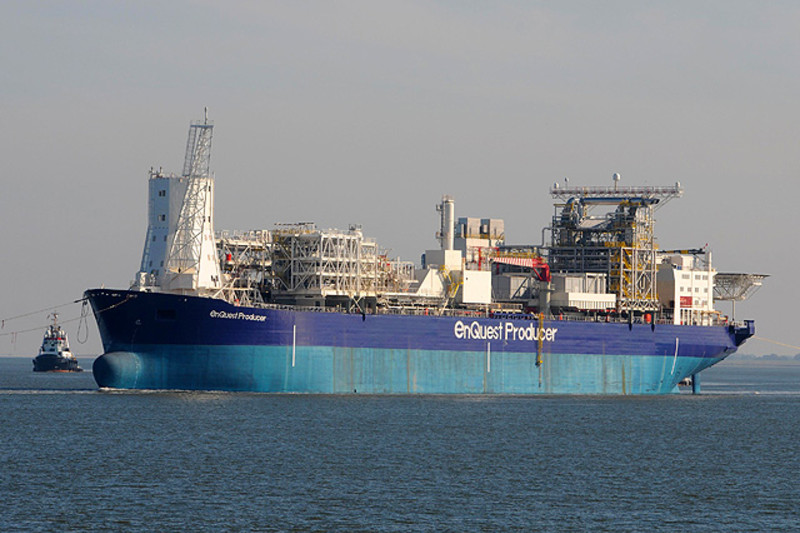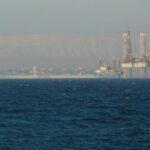EnQuest has submitted plans to decommission a North Sea development and its production vessel less than five years after achieving first oil.

The UK-listed operator started up the Alma-Galia fields in October 2015 as tie-backs to the EnQuest Producer floating production, storage and offloading vessel (FPSO).
However, the firm has now submitted plans to the UK government to shut down the fields and take the vessel to shore for recycling, despite hopes it would be in production for up to 15 years after first oil.
EnQuest said the project, first sanctioned in a higher oil price environment, has been hit by a combination of “electric submersible pump (ESP) failures” and more natural decline than expected.
Despite replacing three ESPs in 2018, the lower performance and costs of any further remedial work made the project “uneconomic to continue producing”, the firm added.
In 2013, EnQuest said the cost of the FPSO had increased by around £126m to a total of £757m, with upgrades “expected to extend the FPSO vessel life materially (up to 15 years)”.
The firm is exploring reuse options so the decommissioning plans could change if these are “found to be viable and more appropriate”.
Both fields currently produce oil through the FPSO via pipelines around a mile-long.
EnQuest is the third operator to develop Alma, which lies around 192miles south-east of Aberdeen in the Central North Sea.
The field was originally called Argyll, developed by the Hamilton Brothers Oil Company in 1975 and continued production though until 1992, before being redeveloped as the Ardmore field by Tuscan from 2003 until 2005.
Elsewhere, Galia, which lies three miles west, was first known as the Duncan field, producing oil from 1982 until 1992.
When EnQuest came to first oil for the Alma/Galia redevelopment in 2015, it estimated just 30% of the 307million barrels initially in place had been tapped.
The firm is now preparing to cease production for the fields in a window between the second quarter of this year and Q1 of 2021, however sail away of the EnQuest Producer is currently expected in Q3 of this year.
Decommissioning work will be carried out over the next seven years to 2027, with the schedule extended to allow “flexibility” on when operations would be carried out.
A spokeswoman said: “By phasing the decommissioning programme over a reasonable timeframe, we are able to explore the potential for cost and efficiency synergies as other operators also enter the decommissioning phase for their assets.
“In the meantime, we are exploring opportunities for the re-use of the Floating, Production, Storage and Offloading Vessel.”
Well decommissioning activities are expected to take place in 2025 or 2026, with the cessation of production plans now under consideration by the Oil and Gas Authority.
Formed in 2010, EnQuest operates a host of fields in the northern and central North Sea as well as offshore Malaysia.
[contextly_sidebar id=”7fdoh7zd2WKmRyY0f91yYoJs6V3ihtAy”]







